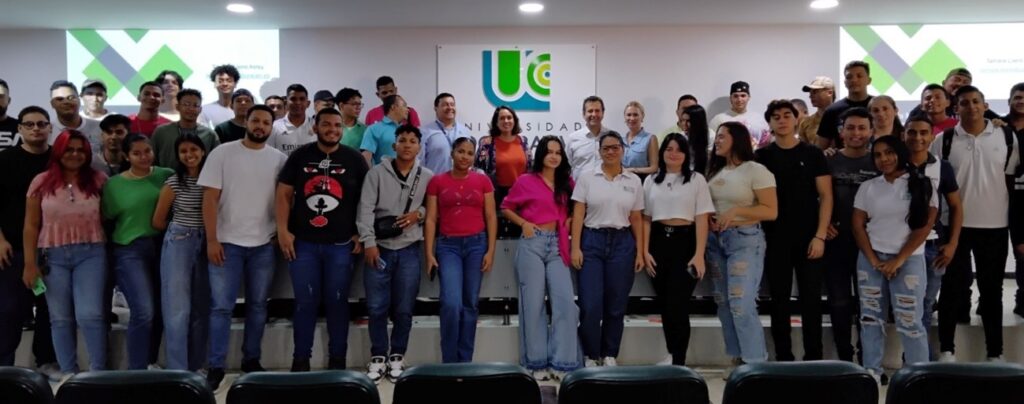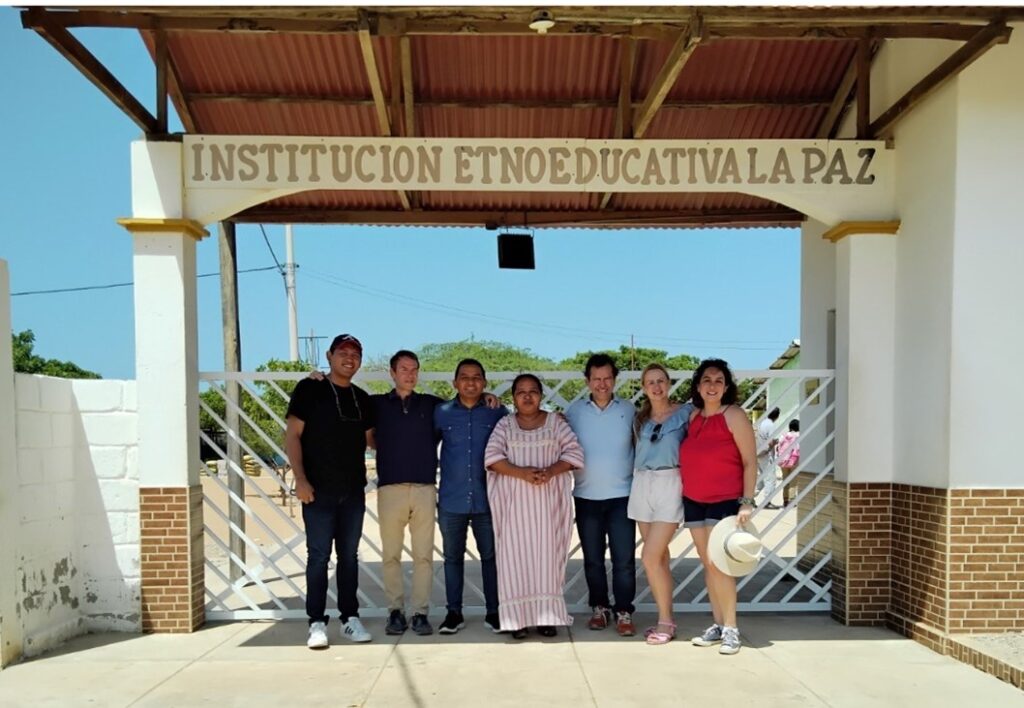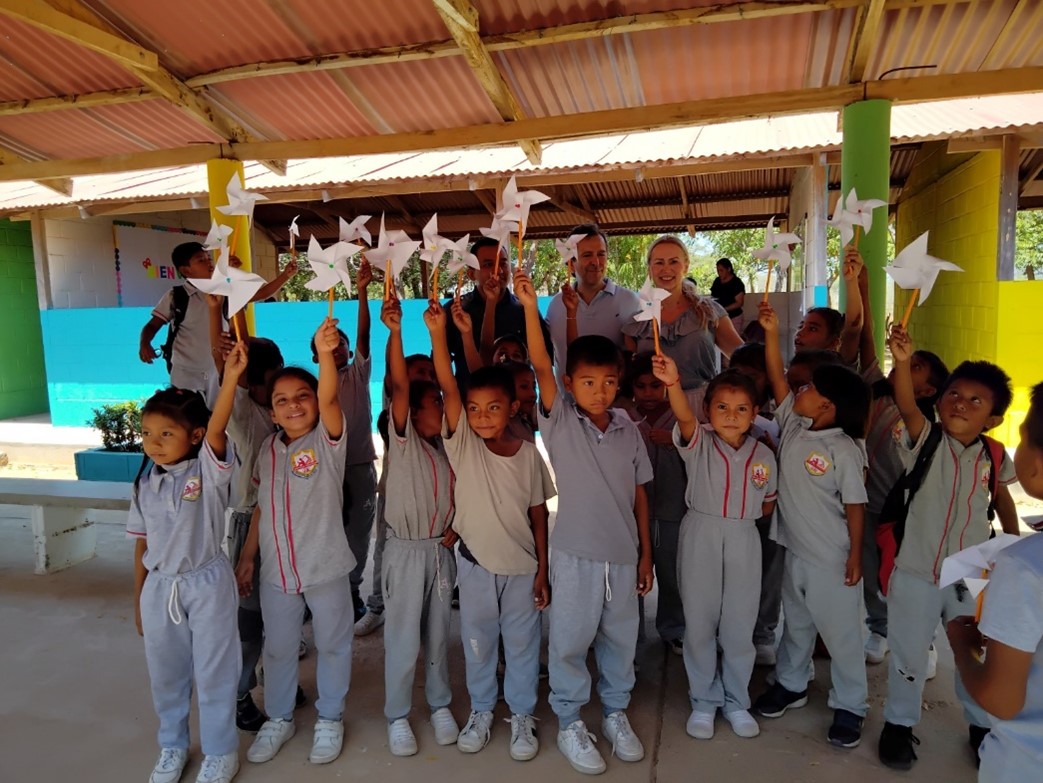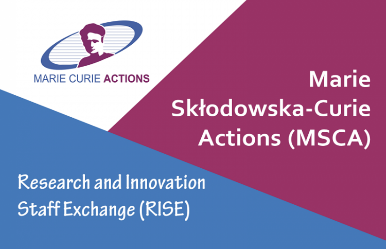
Dr Tamara Llano from the University of Cantabria has done a teaching stay in Colombia under the Erasmus+ Program. She spent a week (from 18th to 25th February) attending meetings, seminars, and teaching courses among other activities.

She made several courses in the Cooperative University of Colombia (UCC) Santa Marta Campus, and she made meetings and outreaching activities in the rural Institución Etnoeducativa La Paz (Manaure, La Guajira). In addition, she visited vulnerable areas and had meetings with the public administration of Riohacha.

Relationships between the Engineering Research Institute of the UCC and the BERSTIC network together with the GER research group of the University of Cantabria are very fruitful in many aspects specially education, research, and social impact in vulnerable areas as reflected in the CELISE project.

Both institutions (Universidad de Cantabria and Universidad Cooperativa de Colombia) are part of the CELISE project.
The main expertise of the University of Cantabria in relation to the project is:
- Chemical methods including HPLC and FTIR;
- Hydrolysis processes: acid, alkaline, auto-hydrolysis, and the use of deep eutectic solvents (DES);
- Processes of pyrolysis;
- Simulation of chemical processes by ASPEN;
- Stakeholder needs analysis, multicriteria analysis data;
- Design of hydrolysis pilot plants;
- Sustainable processes;
- Pulp and paper and artisan sector collaboration;
- Educational programmes (Senior, training).
The Cooperative University of Colombia (Universidad Cooperativa de Colombia) is in charge of the following tasks:
- Logistics and needs of lignocellulosic materials based on rural and vulnerable areas;
- Modelling, simulation and economic evaluation of small biorefineries;
- Smart territories, big data, IOT and AI;
- Design of smart system algorithms.
- Energy production in vulnerable areas;
- Educational programmes in rural areas.




